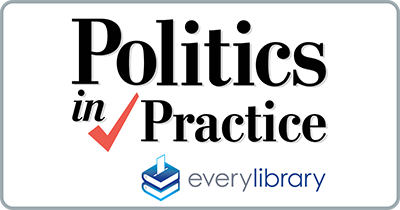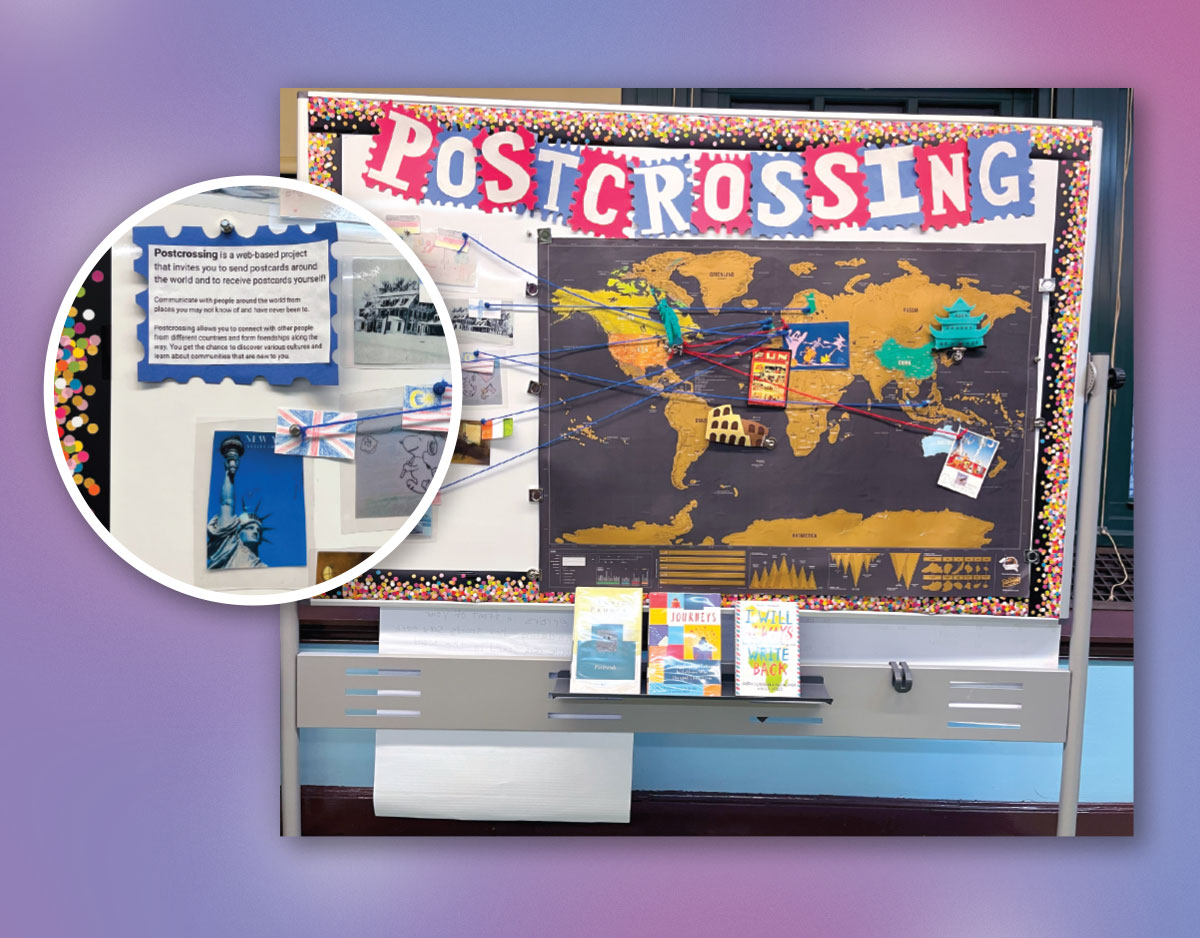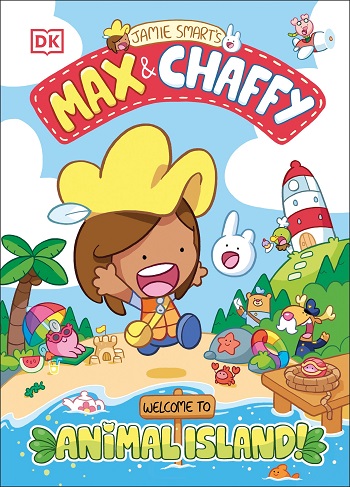Anticipating Collection Budgets about the Science of Reading
The “science of reading” is a new pedagogy for supporting reading and an emerging buzzword in education circles. Whether you advocate for its particular approach to literacy or not, school librarians need to be aware that changes to school district and state-level Department of Education policies regarding the science of reading will affect your budget and your work life.
Science of reading policies emphasize evidence-based instruction methodologies, including phonics, phonemic awareness, fluency, vocabulary, and comprehension strategies. Districts and DOEs may be placing greater emphasis on early reading skills, especially in kindergarten through third grade, as this period is critical for setting the foundation for literacy. Without proper engagement about the role and impact of school library programs, you may be left out of these discussions about budgets, staffing changes, and implementation. We want to see your positive impacts on reading continue within this new framework.
It is important for school library leaders to engage the funding sources that support a shift toward the science of reading projects, collections, and staffing. New instructional and student support programs will require additional professional development for teachers and librarians in order to focus on the science of reading. This could include training on topics like systematic phonics instruction and strategies for developing language comprehension. Districts and states will update curriculum standards to align with the science of reading. This will affect the selection and purchasing of instructional support materials and student resources in school libraries. Be prepared for potential changes – and threats – to your funding by proactively engaging the planning process around the science of reading programs and actively mapping how the correct library resources will support its aims and goals.
It is as important to lean into PD to enhance your skills as it is to learn the vocaublary that advocates for the science of reading use to talk about the science of reading. When making a case to a superintendent and school board about the budget requirements to support the science of reading, school librarians should anticipate making an argument that highlights the essential role of the library in promoting literacy and academic success. Your budget should be aligned with district educational goals, but there will be new and potentially unfamiliar terminology, benchmarks, and vocabulary within that science of reading framework. It is always necessary to demonstrate your impact on student learning but doing it within the vocabulary of a science of reading scheme will be new territory.
While it is important to align your budget with district educational goals, it is equally important to distinguish your collections budget from curricular materials and advocate for proper funding to support your unique role in promoting literacy and academic success. Effective school library programs can thrive in the context of the science of reading. By curating a collection that aligns with current literacy research and advocating for proper funding, school librarians can ensure that their programs support the science of reading and meet the diverse needs of their student population. Be prepared to outline your specific funding needs, explain the unique role of the school library within the science of reading framework, and showcase success stories and testimonials.
Filed under: News
About John Chrastka
EveryLibrary’s founder is John Chrastka, a long-time library trustee, supporter, and advocate. John is a former partner in AssociaDirect, a Chicago-based consultancy focused on supporting associations in membership recruitment, conference, and governance activities. He is a former president and member of the Board of Trustees for the Berwyn (IL) Public Library (2006 – 2015) and is a former president of the Reaching Across Illinois Libraries System (RAILS) multi-type library system. He is co-author of “Before the Ballot; Building Support for Library Funding.” and “Winning Elections and Influencing Politicians for Library Funding”. Prior to his work at AssociaDirect, he was Director for Membership Development at the American Library Association (ALA) and a co-founder of the Ed Tech startup ClassMap. He was named a 2014 Mover & Shaker by Library Journal and tweets @mrchrastka.
ADVERTISEMENT
ADVERTISEMENT
SLJ Blog Network
Read Aloud Hall of Fame #19: DOCTOR DE SOTO
Fuse 8 n’ Kate: Tadpole’s Promise by Jeanne Willis, ill. Tony Ross (Second in a Two-Part Series!)
Miss Camper | This Week’s Comics
Here Have Some YA Disability Pride
ADVERTISEMENT






